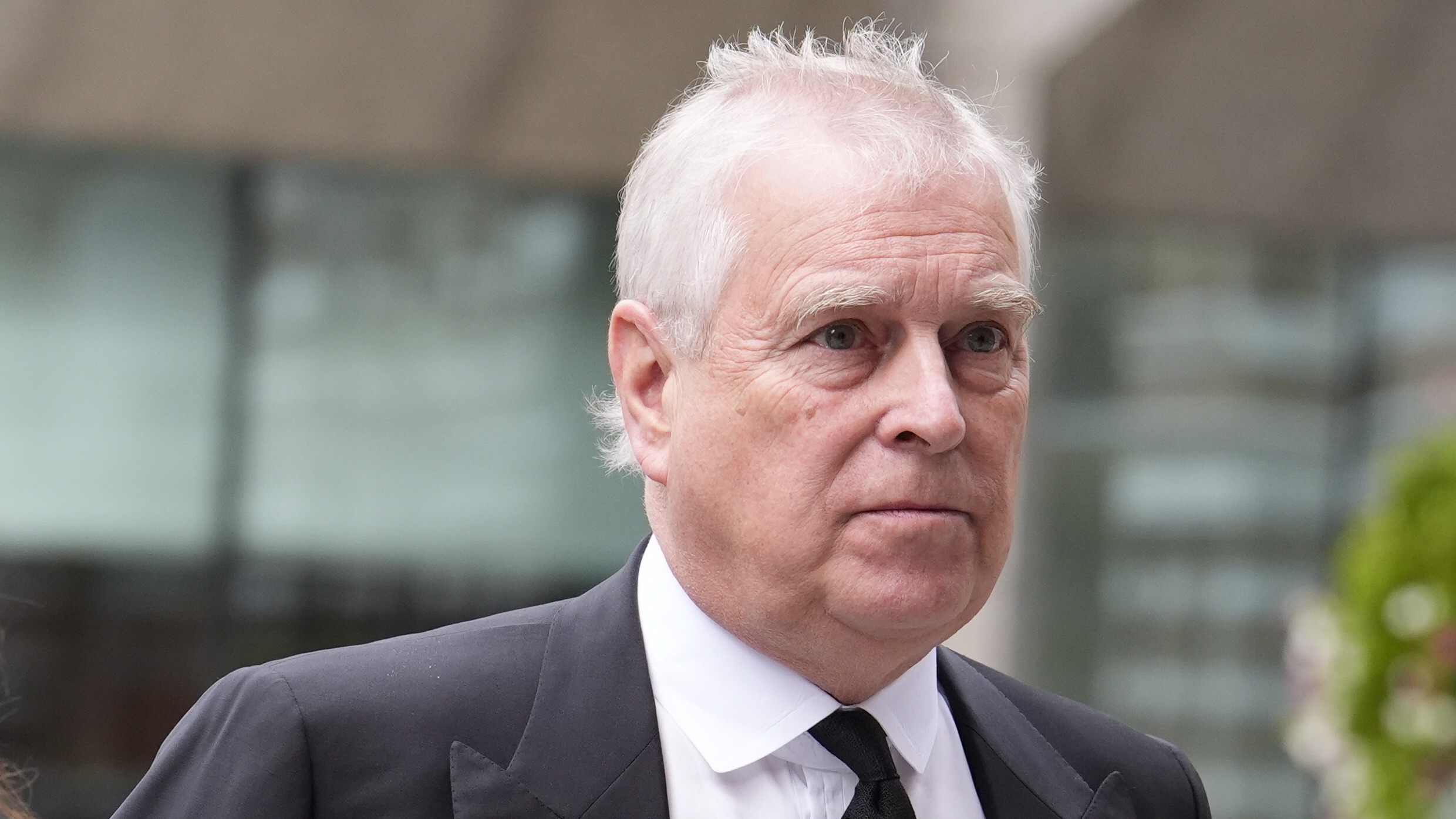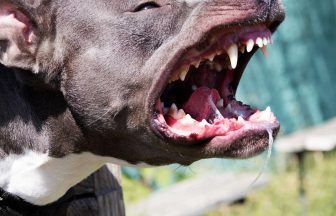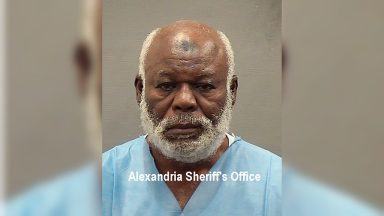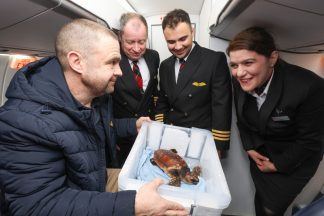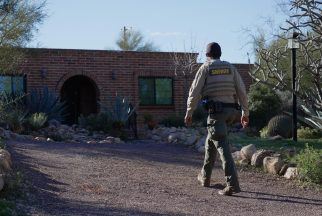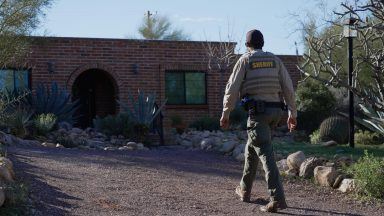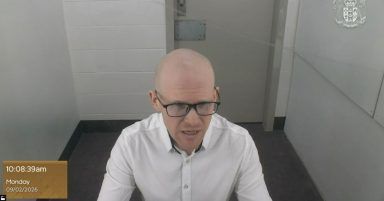The King stripped his disgraced brother of his dukedom, his HRH and his princely title, in late October.
And now, almost two weeks later, Buckingham Palace has handed Andrew a tiny addition to his new commoner name – a hyphen.
Royal sources have confirmed that, going forward, Andrew will use the punctuation mark between his two last names, making it Mountbatten-Windsor, not Mountbatten Windsor.
When the former prince’s new name as a commoner was announced on October 30, following continued public outrage over his ties to convicted sex offender Jeffrey Epstein, the Palace stated he would be known as Andrew Mountbatten Windsor.
But the surname was missing the hyphen decreed by Queen Elizabeth II 65 years ago when she set out the arrangements for the naming of her descendants without royal titles.
When asked about the absence of a hyphen at the time of the announcement confirming Andrew’s loss of his titles, a Palace spokeswoman said: “Andrew Mountbatten Windsor was the name agreed.”
It is understood that the Palace has subsequently examined the 1960 Privy Council Declaration, which set out the late Queen’s decision, and has confirmed a hyphen will be used going forward.
In 1960, Elizabeth II declared her direct descendants – other than those with the style of royal highness and the title of prince or princess – when they needed a surname, would use Mountbatten-Windsor.
Eight years earlier, after her accession in 1952, the Queen had decided that the royal family’s surname would be Windsor and not the Duke of Edinburgh’s surname Mountbatten, much to Prince Philip’s annoyance.
“I’m just a bloody amoeba,” Philip is said to have shouted when learning his children would not bear his surname, complaining he was the only man in the country not allowed to do so.
In the end, the Queen, in a gesture to her aggrieved husband, gave him a concession of a double-barreled surname joined by a hyphen – just days before Andrew, their third child, was born.
The official declaration on February 8 1960 – ahead of Andrew’s arrival on February 19 1960 – read: “My descendants other than descendants enjoying the style title or attribute of Royal Highness and the titular dignity of Prince or Princess and female descendants who marry and their descendants shall bear the name of Mountbatten-Windsor.”
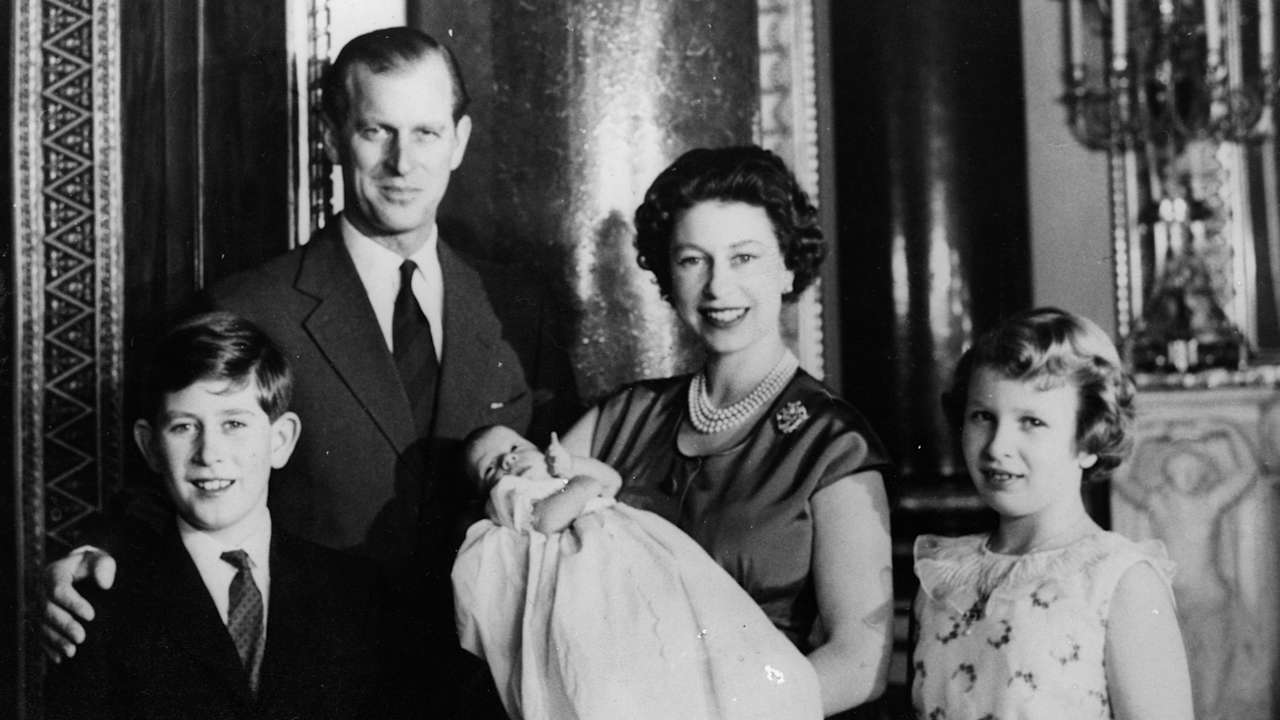
Andrew has faced growing controversy over his links to Epstein, although he formally denies all allegations.
The King, with the support of Prince William and other senior royals, has also set in motion Andrew’s eviction from his 30-room Windsor home, the Royal Lodge, although he is not expected to leave until after Christmas.
Additionally, members of US Congress have requested the former prince sit for a “transcribed interview” in connection with his “long-standing friendship” with Epstein.
A letter, sent to the former prince on November 6, said the House Oversight Committee had identified “financial records containing notations such as ‘massage for Andrew’ that raise serious questions”.
The letter, signed by 16 members of Congress, requested that Andrew respond by November 20.
Follow STV News on WhatsApp
Scan the QR code on your mobile device for all the latest news from around the country


